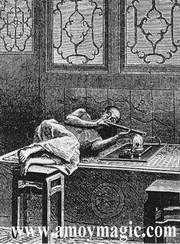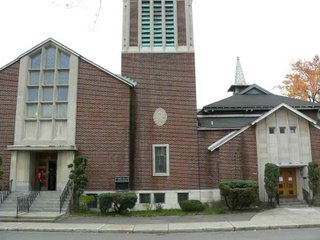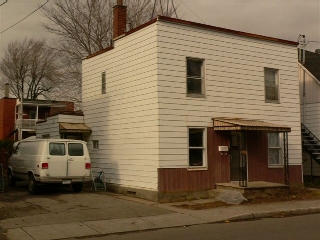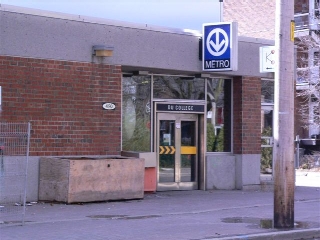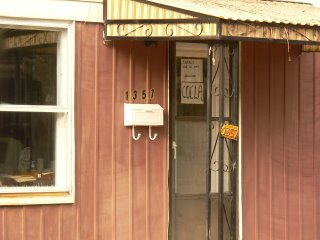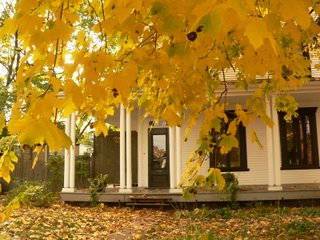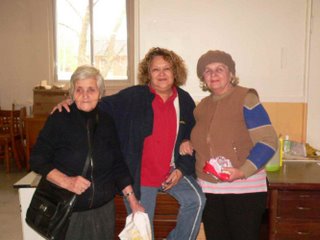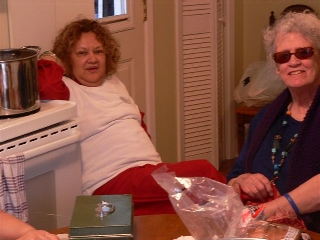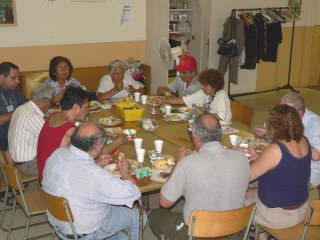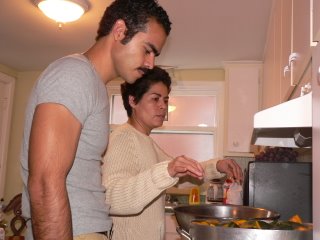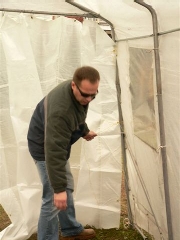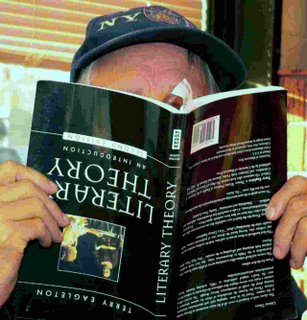Two Poets, Same Challenge: Rethink Our Public Education System
Poets earning a living as professors are legion. But few take an active role in attempts to restructure the educational institution as such. W. B. Yeats was one of the rare 'educationist' poets. Here we touch briefly on two poets In Canada to offer recognition that both have bothered to wear these two hats.
Dennis Lee's role as an educator was part of what I would call utopian experimentation during the wave of counter-cultural upsurge in the 1960s. Since Lee was part of a specific collective movement at the time, let us describe in quotes that revived 'Rochdale' experiment.
Rochdale College
Co-operative housing experiment
Rochdale was the largest co-op residence in North America. Rochdale occupied an 18-story student residence at Bloor St. and Huron St. in Toronto. It was situated on the edges of the University of Toronto campus and near Yorkville, Canada's hippie haven in the 1960s and early 1970s.
Rochdale took its name from Rochdale, a town in north-west England, where the world's first cooperative society was established in the 1800s.
Rochdale College was the largest of more than 300 tuition-free universities in North America, and offered no structured courses, curriculum, exams, degrees, or traditional teaching faculty. It became a hot bed of free thought and radical idealism, in many ways resembling a tribal community.
Traditional professors were replaced by "Resource People" of various academic and non-academic backgrounds, who would lead informal discussion groups on a wide variety of subjects, as opposed to structured classes. A Resource Person of note was author Dennis Lee.
Students had complete freedom to develop their own learning process, much of which emerged from the shared community experience. The college included theatres for drama and film, and a ceramics studio. Students decided school policy and made their own evaluations.
Rochdale students were involved with various cultural institutions in Toronto such as Coach House Press, Theatre Passe Muraille, The Toronto Free Dance Theatre, and House of Anansi Press.
It was typical of the free universities not to award degrees and the University of Toronto did not offer degrees through Rochdale College, but anyone could purchase a B.A. by donating $25 to the college and answering a simple skill-testing question. An M.A. was $50, and the applicant could pick the question. A Ph.D. did not require any skill-testing question, and sold for $100.
The Rochdale application also described its "non-degree": "We are also offering Non-Degrees at comparable rates. A Non-B.A. is $25.00. Course duration is your choice; requirements are simple, we ask that you say something. A Non-M.A. is $50.00 for which we require you to say something logical. A Non-Ph.D. is $100.00; you will be required to say something useful."
Whether you believe that Rochdale was one of the early predictable debacles in 'free' education or not, Dennis Lee came out of the same period as a poet wearing laurels (for a long poem entirely consistent with the Rochdale philosophy). Lee's Civil Elegies and Other Poems was awarded the 1972 Governor General's Award
for Poetry.
The poem has been reissued by House of Anansi.* You can read a multiple-page excerpt in The New Oxford Book of Canadian Verse in English (1982); the edition Margaret Atwood compiled.
*SEE
Civil Elegies
and Other Poems
64 pages
with French sleeves
ISBN: 0-88784-5576
An interesting and mainstream contrast to the Rochdale experiment in education is the ongoing, provincially funded and academically accredited 'non-experiments' in education (what 99% of the students must live with) within the mortar and brick of Canadian colleges (CEGEPs in Quebec) and major universities. David Solway is a prof in such realworld institutionalized set-up.
Of course, we are taking liberties and a major shortcut when we compare two Canadians educators simply because they happen to be poets and compare activity in education separated by three decades, one utopian, the other state sponsored. Also, Lee and Solway engage with students in different ways and are at liberty to wear one hat at work another while playing and go bare-headed as poets.
I am the one who simply wants to use a series of posts to contrast David Solway's views with what we quoted above about where Dennis Lee intervened (and, in truth, mostly because both are well known as contemporary Canadian poets).
In 1989 Solway authored "Education Lost, Reflections on Contemporary Pedagogic Practice." In 2006 his work "Sweet Poison to the Age's Tooth" brought the same theme up-to-date with a more personalised pitch based on classroom experience at John Abbott College of Montreal. "Sweet Poison" was reviewed in The Antigonish Review # 129 by Wilfred Cude.
Here is a quote within a quote from Cude. (We will take up some of the similarities and differences between what may be called the Lee view and Solway view in upcoming posts).
QUOTE
Education, Solway maintains, "was never meant to be efficient." On the contrary, "it was meant to be difficult, interesting, pleasurable, errant, prodigal in every respect, transgressive, personal, lengthy, demanding, and hospitable - but not efficient." In opposition to prevailing practice, he proposes intensive support for "the only viable scholastic constituency," the one consisting of "students, teachers, and support staff assisted by the necessary minimum of moderately paid administrative personnel."
At the heart of this constituency are dynamic teachers, persons possessing "talent, flexibility, sportiveness, erudition, and a fundamental generosity of the soul," persons capable of "the kind of teaching that can light an emulative flare in the pedagogical darkness of the contemporary classroom." And yet, Solway laments, such persons are precisely those being crushed into irrelevance by a system oblivious to an elemental truth of the enterprise: "there is always something mysterious, something unaccountable in the education of the mind that must be respected and cherished."
Enter the sickenpod, legions of him and her, ruinously funded educational theorists and administrators, bristling with "fixed schedules and ironclad syllabi and straitjacket lesson plans," ardent fetishists every one, proselytizers of "the idol of efficiency." Emanating benign officiousness, they bustle and blunder about, distorting and frustrating everything they profess to enhance. These are the tacticians of our brave new academic world, incessantly questing after measurable results, proliferating endless reams of paperwork to document the latest phantasma of the latest theory, sweeping even the most creative of teachers aside with an avalanche of mindless administrative bumph.
Nothing of this furthers genuine accomplishment in the classroom, and most (if not all) simply gets in the way. "One needs to be absolutely clear about this," Solway protests, crying out in italicized anguish: "neither administration nor technology as such has anything to do with the fundamental learning process." Yet in our system the paperwork keeps coming and coming . . .
Readers interested in David Solway's critique of Canadian poetry and poets should read Director's Cut. (In the essays he critiques nearly two-thirds of the entire English Canadian canon , whether or not the poets are still living! Canada is a young country.

